Tens of thousands of people have fled El Fasher, the capital of North Darfur state, for overcrowded displacement camps in Tawila, North Darfur, following the capture of the city by the Rapid Support Forces (RSF) last month. The UN has warned that relief operations are on the brink of collapse, and the medical humanitarian organization, Médecins Sans Frontières (MSF), has reported staggering levels of malnutrition in the displacement camps.
According to eyewitness accounts and video and satellite evidence, more than 1,500 people were killed in ethnically targeted massacres in the immediate aftermath of the RSF's capture of El Fasher on October 26. The situation has deteriorated significantly, with the UN reporting that aid deliveries have been severely disrupted, and MSF warning of a catastrophic humanitarian crisis unfolding in the region.
"We are facing a perfect storm of hunger, thirst, and disease," said Dr. Kathleen Cullen, MSF's emergency coordinator in North Darfur. "The situation is dire, and we are racing against time to prevent a humanitarian catastrophe." Cullen attributed the crisis to the RSF's capture of El Fasher, which has left thousands of civilians without access to basic necessities like food, water, and medical care.
The RSF's capture of El Fasher marked a significant turning point in the conflict in Darfur, which has been ongoing since 2003. The region has been plagued by violence, displacement, and humanitarian crises, with millions of people affected by the conflict. The international community has been criticized for its response to the crisis, with many accusing it of failing to act decisively to prevent the humanitarian disaster unfolding in Darfur.
In a statement, the UN Office for the Coordination of Humanitarian Affairs (OCHA) warned that the situation in North Darfur was "on the brink of collapse," with aid deliveries severely disrupted and thousands of people in need of assistance. "The humanitarian situation in North Darfur is extremely dire, and we are working tirelessly to mobilize resources and support to respond to the crisis," said a UN spokesperson.
As the situation continues to deteriorate, aid organizations and human rights groups are calling for urgent action to prevent a humanitarian catastrophe in Darfur. The international community is under pressure to respond to the crisis, with many calling for a more robust and coordinated response to the humanitarian emergency unfolding in the region.
In a recent development, the Sudanese government has announced plans to establish a new humanitarian corridor to facilitate aid deliveries to the affected areas. However, the effectiveness of this initiative remains to be seen, and aid organizations are warning that more needs to be done to address the scale and complexity of the crisis.





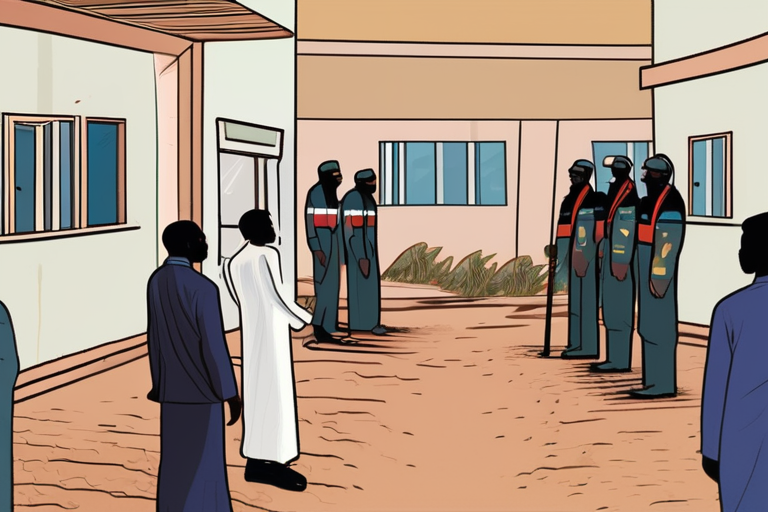

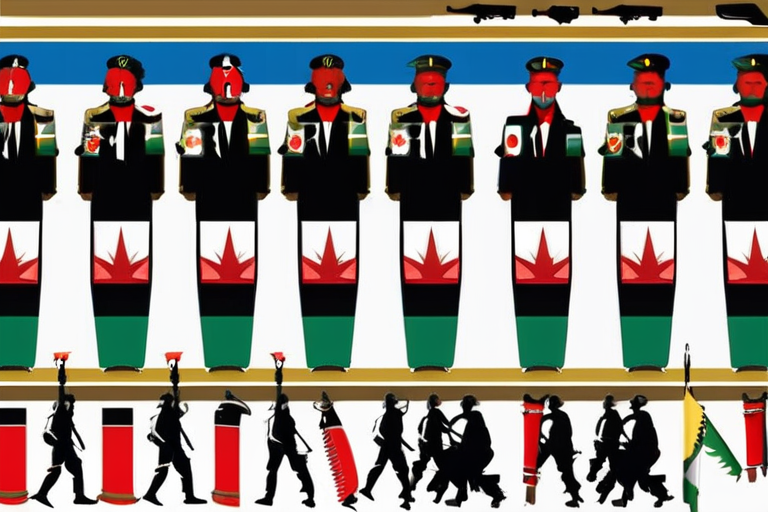
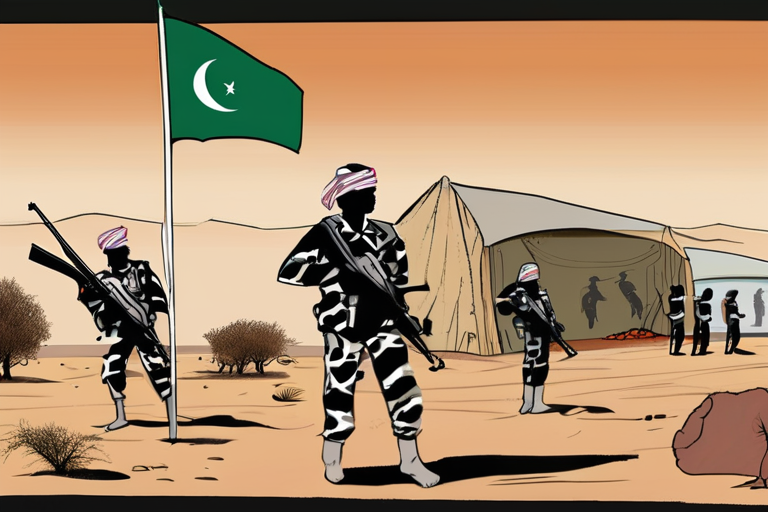
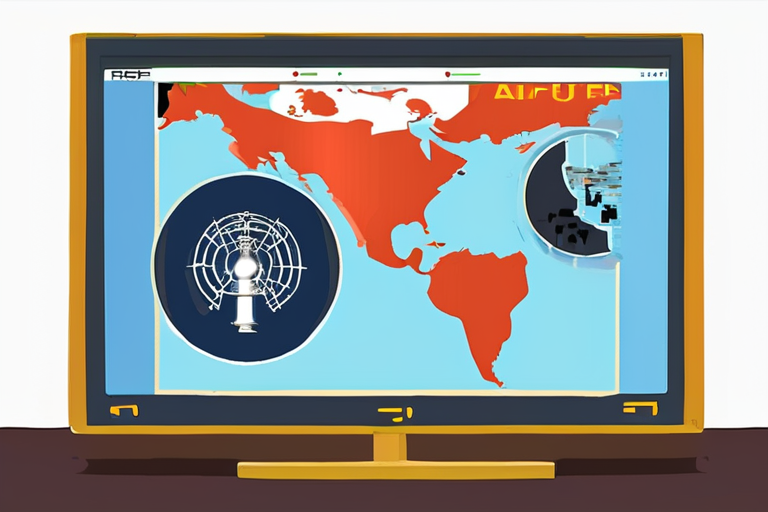
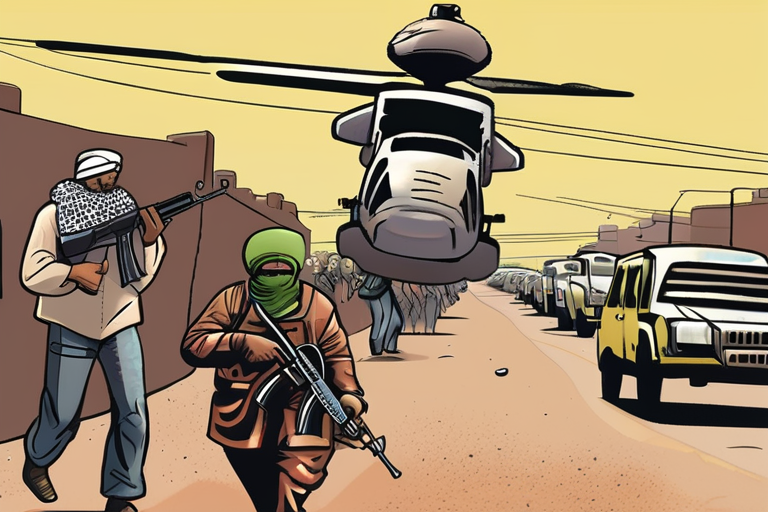
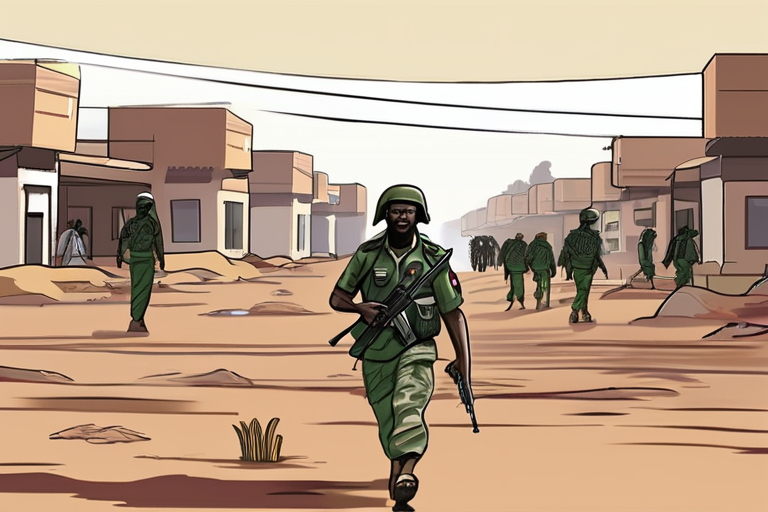
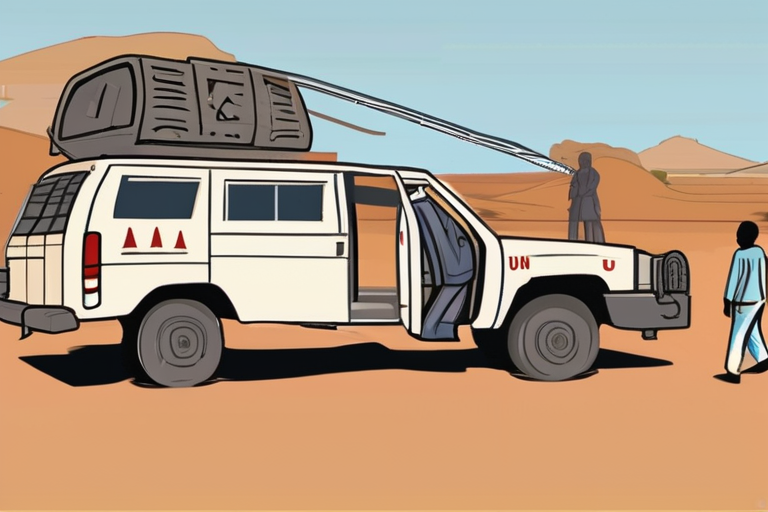

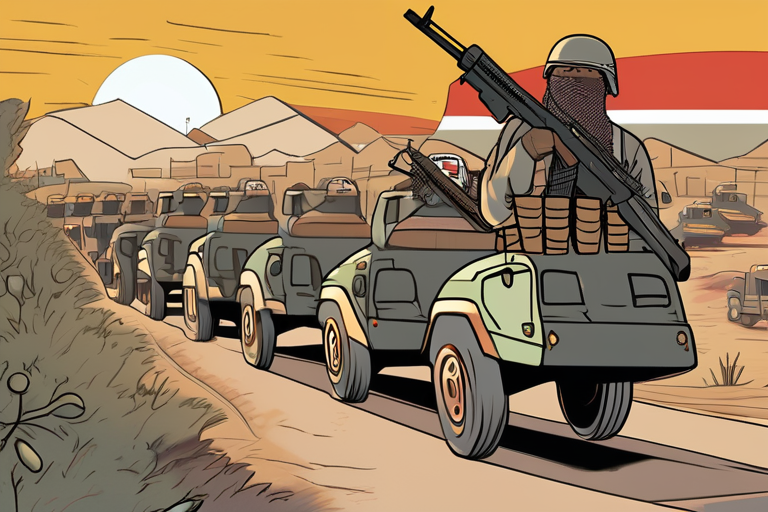

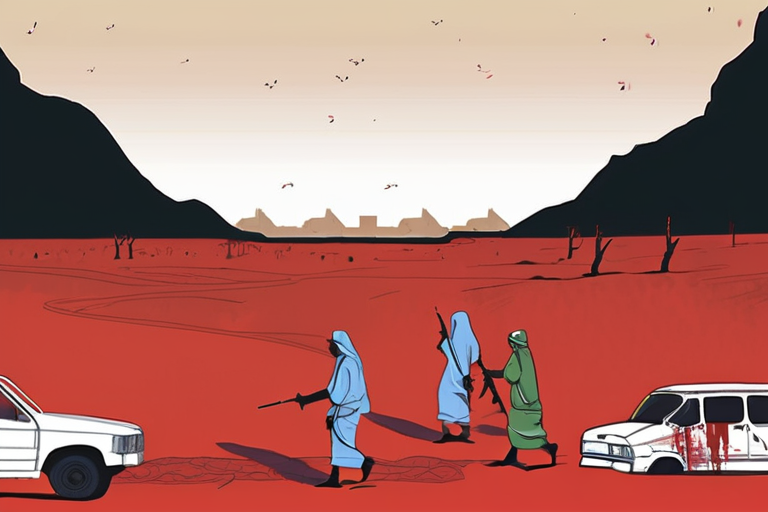

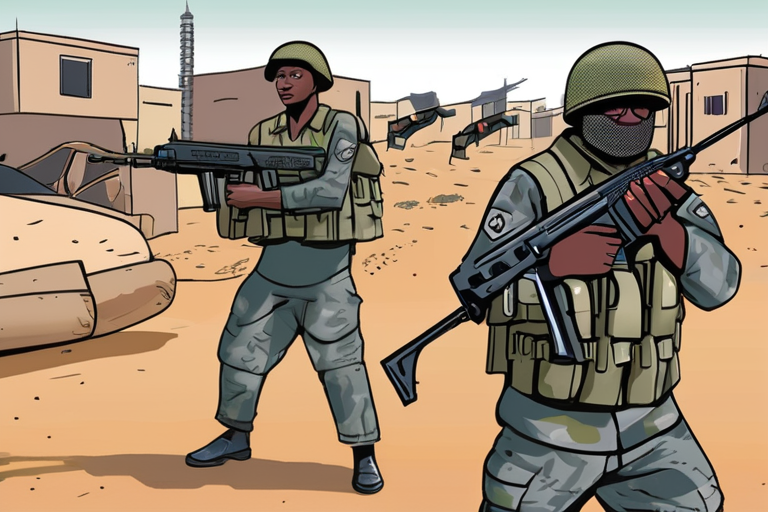
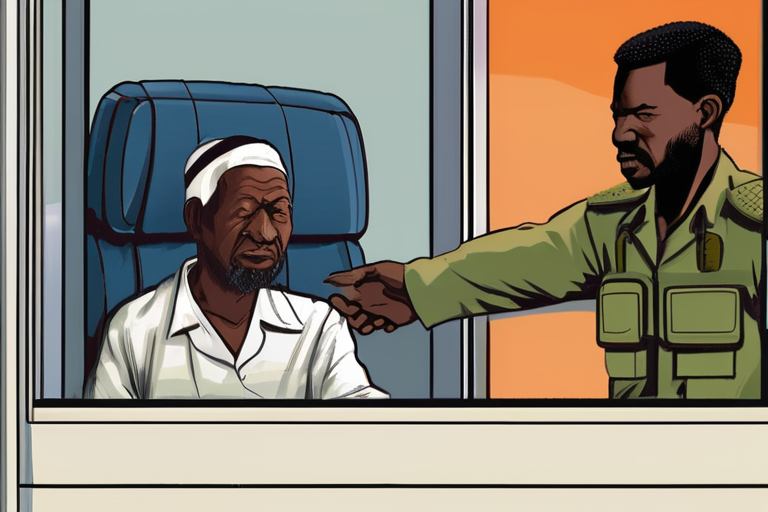

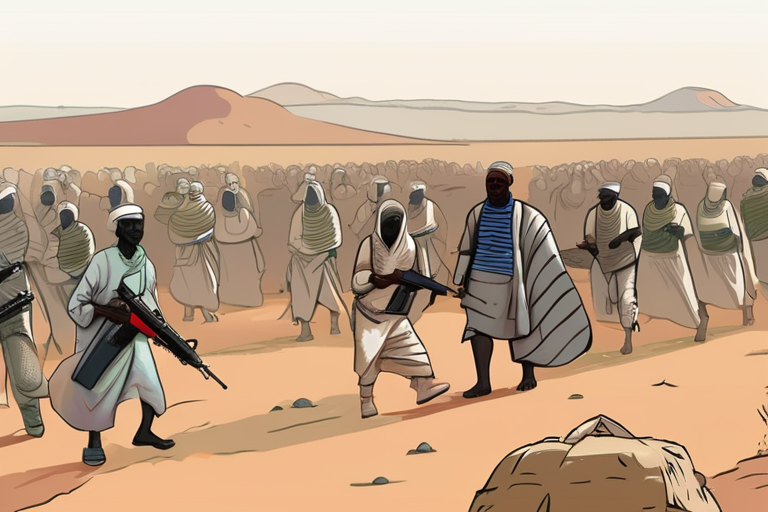
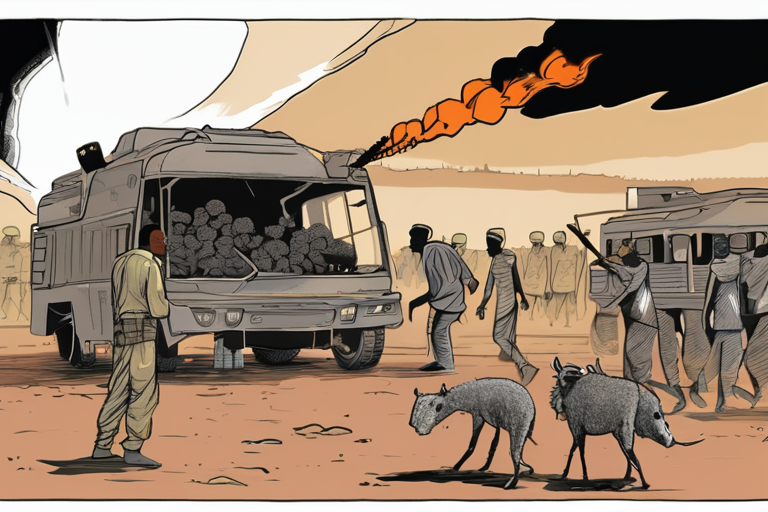
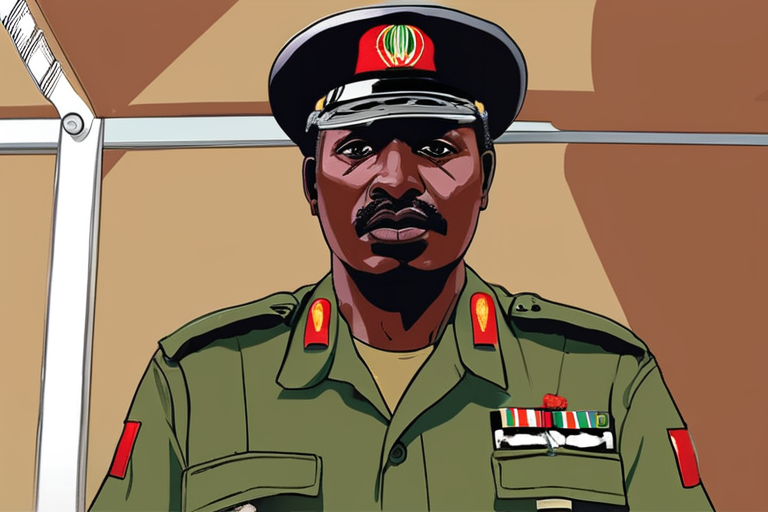
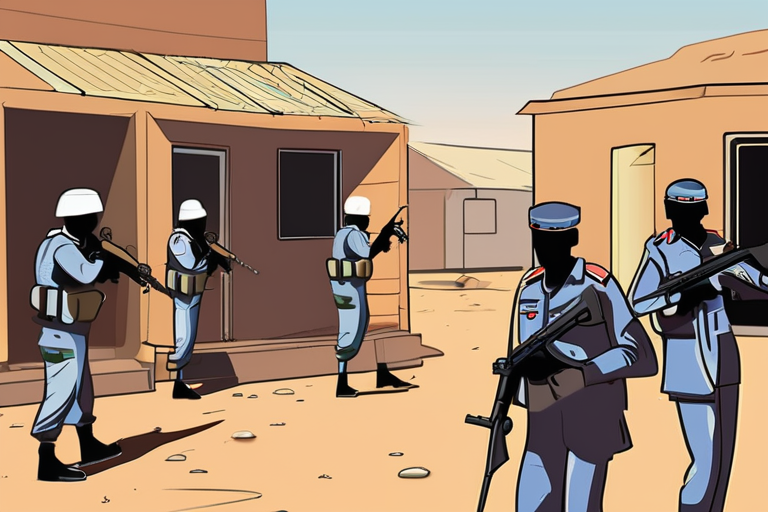
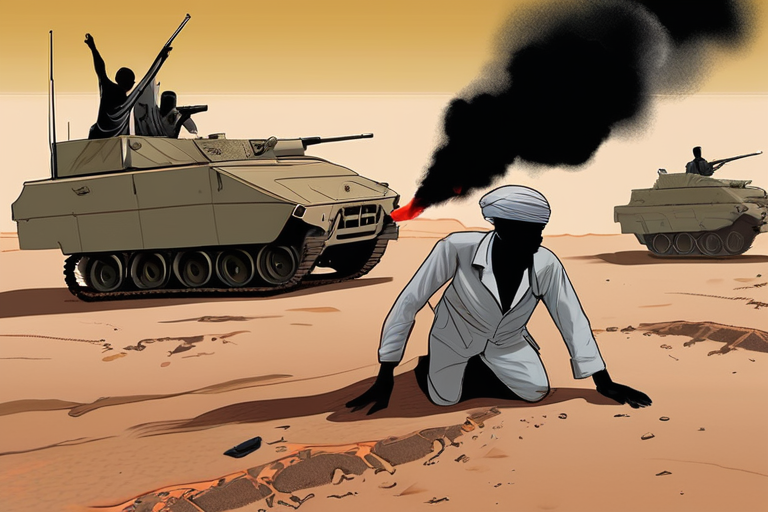

Share & Engage Share
Share this article